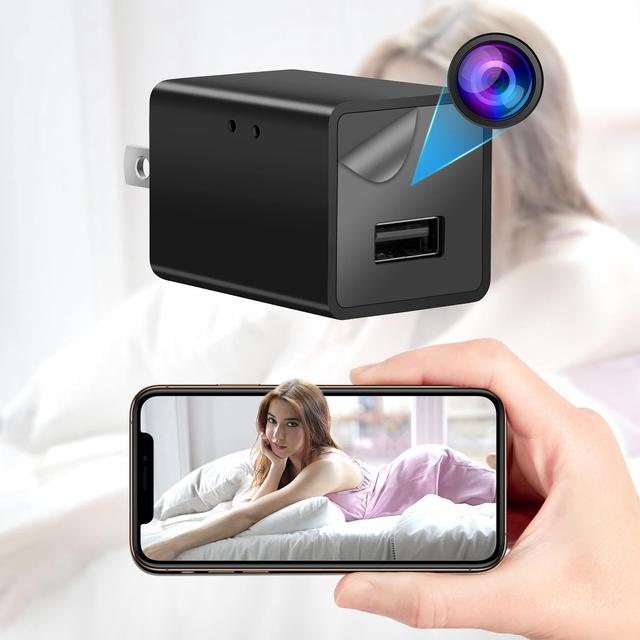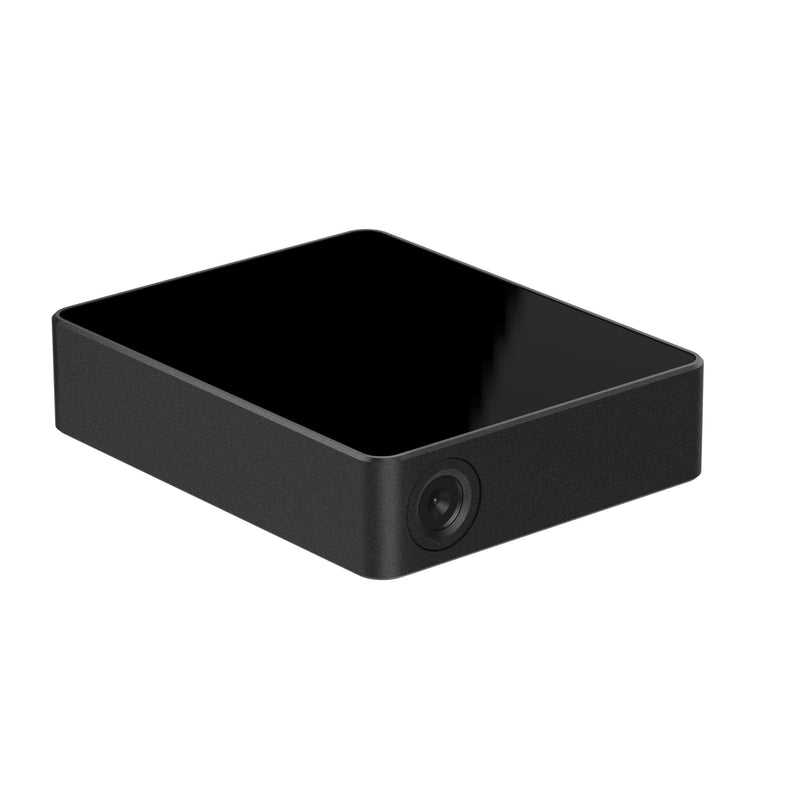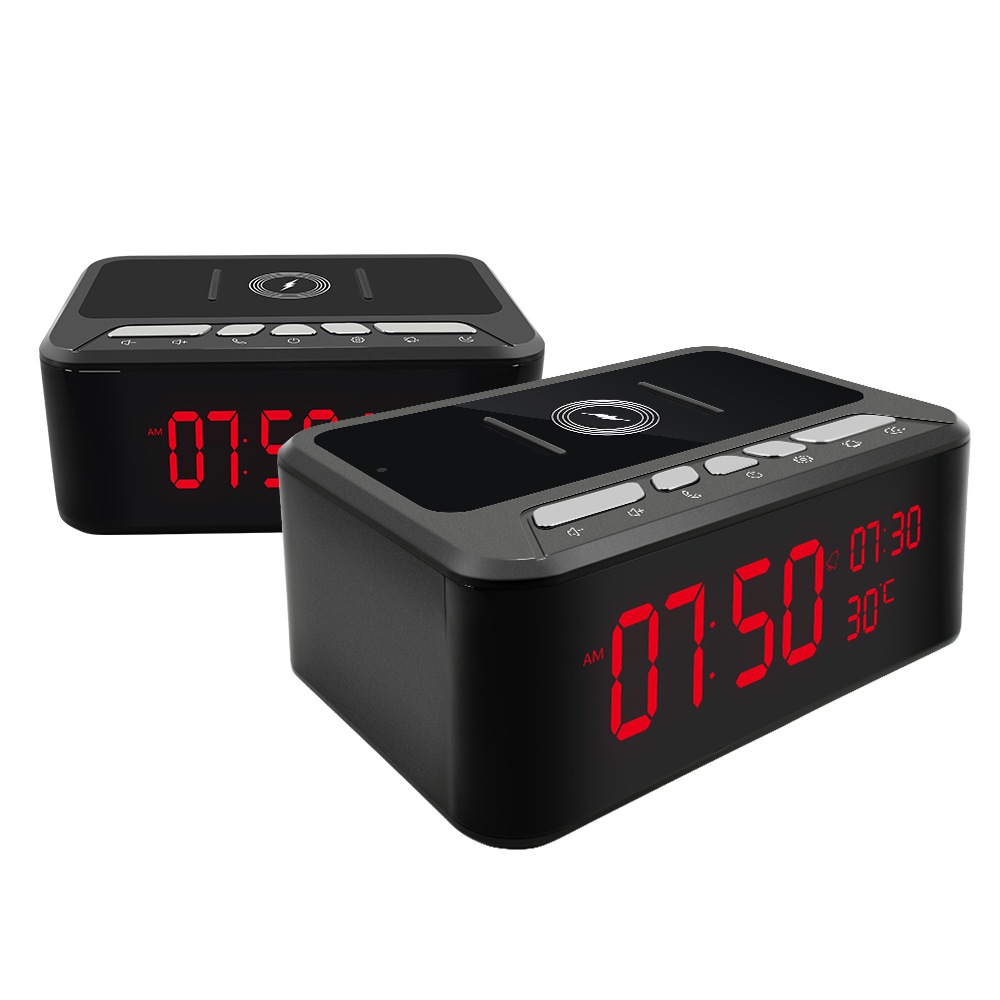In today’s world, security is a top concern for many individuals and businesses alike. Spy cameras with audio capabilities have become popular tools for protecting property, monitoring activities, and gathering evidence. However, their use is subject to strict legal guidelines to protect the privacy of individuals. This article will offer a comprehensive guide on how to legally use a spy camera with audio to enhance your security without infringing on privacy laws.
Understanding the Legal Framework
Local Laws and Regulations
Before installing a spy camera with audio, it’s crucial to become familiar with the local laws and regulations that apply. Many regions have strict laws governing the use of surveillance equipment, particularly those that capture audio. Often, these laws center around consent and the reasonable expectation of privacy.
Federal Wiretap Act and Its Implications
In the United States, the Federal Wiretap Act restricts the recording of conversations without the consent of at least one party involved. Certain states have even stricter laws requiring all parties’ consent. It’s important to understand these legal requirements to ensure that any audio recordings do not violate federal or state wiretapping laws.

Considering the Context of Surveillance
Environments with Expectation of Privacy
When planning to use a spy camera with audio, consider the context and whether the area under surveillance is one where individuals have a reasonable expectation of privacy. Bathrooms, changing rooms, hotel rooms, and private residences are typically off-limits because individuals expect privacy in these spaces.
Conversely, cameras in public spaces and shared areas like stores or open-plan offices often do not require consent for video surveillance. However, audio recording can complicate matters. In many cases, practices such as displaying clear signage or issuing a verbal warning can provide the necessary transparency for legal compliance.
Securing Consent for Audio Surveillance
Informing and Obtaining Agreement
To legally use an audio-capable spy camera, you may need to inform those who could be recorded and obtain their consent. This can be done through clear signage, consent forms, or verbal agreements. Securing consent not only protects you legally but also fosters trust between parties.
Avoiding Sensitive Convesations
Even with consent, it is advisable to avoid placing spy cameras in areas where sensitive or highly personal conversations take place. Striving for transparency and ethical use of audio surveillance can prevent potential breaches of trust and the legal consequences of overstepping boundaries.

Balancing Security and Privacy
Limiting Audio Recording Usage
Striking a balance between security needs and personal privacy rights is essential. You may choose to only enable audio recording at specific times when security risks are heightened, rather than maintaining constant surveillance, to minimize privacy intrusions.
Data Protection and Storage
Once captured, audio recordings must be handled with care. Ensure secure storage, restrict access to authorized personnel, and have clear protocols for data deletion to comply with privacy laws and data protection regulations.
Employment Laws on Workplace Surveillance
When deploying a spy camera with audio in the workplace, familiarize yourself with employment laws that protect worker privacy. Most jurisdictions recognize the employer’s right to monitor the workplace to some extent, but again, transparency and consent are key.
Maintaining a Productive and Respectful Workplace
The use of surveillance tools should aim to support a secure and productive work environment without creating a culture of distrust. Communicate the reasons for surveillance to employees, and involve them in policy-making regarding privacy and security measures whenever possible.
Ensuring Compliance and Preventing Liability
Regular Reviews and Legal Consultation
Regular reviews of surveillance practices and ongoing legal consultation can ensure continual compliance with evolving privacy laws. Security technology may change, but the legal principles that respect individual privacy endure.
Implementing Best Practices
Best practices for legal spy camera use include limited and transparent use, careful data handling, and respect for privacy. These practices not only prevent legal liability but also support a respectful and secure environment, whether in the workplace, in public, or at home.

Implementing Spy Cameras in Residential Settings
Understanding Legal Use in Homes
When considering the use of spy cameras with audio within residential settings, it’s critical to adhere to privacy laws that are often strict regarding audio recording. In your own home, while security measures are important, installing cameras in places where guests or house staff have a reasonable expectation of privacy, such as bathrooms or guest rooms, might violate privacy rights and laws.
Security Measures for Property Rentals
For property owners and landlords, the use of spy cameras in rental properties can be tricky. If you’re renting out your property, clear communication and written agreements with tenants regarding the deployment of any surveillance equipment, including restrictions on audio recording, is necessary to avoid legal issues and maintain a good relationship with renters.
Addressing Legal Use in Commercial Spaces
Surveillance Laws for Businesses
Business owners need to be mindful of both customer and employee rights when implementing a spy camera system with audio capabilities. While monitoring for shoplifting or ensuring employee productivity is common practice, audio surveillance can be seen as an overreach and may breach state and federal laws if improperly managed.
Maintaining Transparency with Patrons
For businesses, transparency about surveillance practices plays a crucial role in maintaining consumer trust and legal compliance. This involves clearly posted signs that inform patrons of the presence of surveillance equipment, including cameras with audio capabilities, and limits recording to common areas where no private conversations are expected to occur.
Leveraging Surveillance in Legal Scenarios
Evidence Gathering with Audio and Video
In certain legal situations, spy cameras with audio can serve as vital tools for evidence gathering. Whether it’s to document harassment, theft, or other misconduct, ensuring that recordings are obtained legally—with consent and in scenarios free from an expectation of privacy—is crucial for the admissibility of such evidence in court proceedings.
Protecting Vulnerable Populations
Spy cameras with audio may also be deployed to protect vulnerable populations, such as the elderly in care homes. However, even with the best intentions, these practices must comply with laws that protect the privacy and dignity of those being monitored. Consent from guardians or direct consent from individuals under surveillance, where appropriate, is necessary to avoid legal and ethical pitfalls.
Utilizing Technology Responsibly
Regular Policy Evaluations and Updates
The legal landscape surrounding surveillance technology, including spy cameras with audio, is ever-evolving. Responsible use involves staying informed about legislative changes, routine evaluations of existing policies, and adjustments to surveillance practices as new guidelines and laws are established.
Embracing Ethical Surveillance Practices
Adopting an ethical approach to surveillance that respects individual privacy rights not only avoids legal complications but also fosters a culture of mutual respect. Ethical surveillance practices should emphasize necessity, proportionality, and transparency to ensure that stakeholders understand and agree upon the purposes and extent of monitoring.
Using a spy camera with audio can enhance security. This comes with legal and ethical responsibilities. These responsibilities must be taken seriously. Researching relevant laws is essential before installing. Securing consent when necessary is crucial. Implement use and data handling policies. Policies should protect security and privacy. The protection is for individuals in the surveilled area. Navigate the legal landscape carefully and thoughtfully. Ensure your use of spy cameras bolsters security. Do not compromise legal standing, yours or others’.
